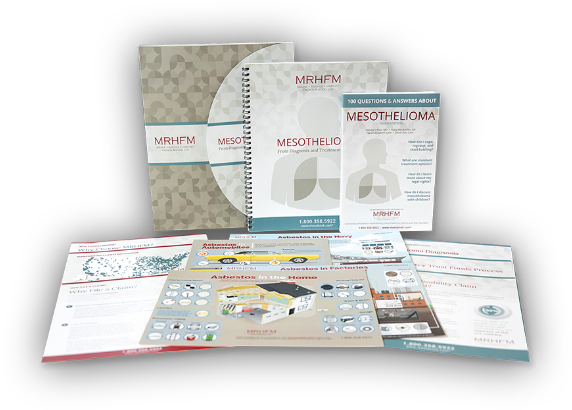Key information from the National Cancer Institute (NCI) shows that intravenous (IV) high-dose vitamin C could help manage even the most aggressive types of cancer—including mesothelioma. NCI reports that:
- Numerous recent studies have demonstrated that pharmacological doses of ascorbic acid (0.1–100 mM) decrease cell proliferation in a variety of cancer cell lines. Specifically, decreases in cell proliferation after ascorbic acid treatment have been reported for prostate, pancreatic, hepatocellular, colon, mesothelioma, and neuroblastoma cell lines.
- Research has suggested that pharmacological doses of ascorbic acid enhance the effects of arsenic trioxide on ovarian cancer cells, gemcitabine on pancreatic cancer cells, and combination treatment of gemcitabine and epigallocatechin-3-gallate on mesothelioma cells.
- Findings from one study reported in 2012 suggested that high-dose ascorbate increases radiosensitivity of glioblastoma multiforme cells, resulting in more cell death than from radiation therapy alone.
- Two studies of high-dose vitamin C in cancer patients reported improved quality of life and decreases in cancer-related side effects.
- The potential mechanisms through which treatment with high-dose ascorbic acid may exert its effects on cancer cells have been extensively investigated. Several studies have demonstrated that the in vitro direct cytotoxic effect of ascorbic acid on various types of cancer cells is mediated through a chemical reaction that generates hydrogen peroxide.
- Health care practitioners attending complementary and alternative medicine conferences in 2006 and 2008 were surveyed about usage of high-dose IV vitamin C in patients. Of the 199 total respondents, 172 had administered vitamin C to patients. In general, IV vitamin C was commonly used to treat infections, cancer, and fatigue.
- Findings from one study reported in 2012 suggested that high-dose ascorbate increases radiosensitivity of glioblastoma multiforme cells, resulting in more cell death than from radiation therapy alone.
Though high-dose vitamin C has been studied extensively in recent years, it has been studied as a treatment for cancer patients since the 1970s.
- Two clinical trials of oral vitamin C were conducted in the late 1970s and early 1980s. Pharmacokinetic studies later revealed substantial differences in the maximum achieved blood concentrations of vitamin C based on the route of administration. When vitamin C is taken orally, plasma concentrations of the vitamin are tightly controlled, with a peak achievable concentration less than 300 µM.
However, this tight control is bypassed with IV administration of the vitamin, resulting in very high levels of vitamin C plasma concentration (i.e., levels up to 20 mM). Further research suggested that pharmacologic concentrations of ascorbate, such as those achieved with IV administration, may result in cell death in many cancer cell lines.
Trials of high-dose intravenous (IV) vitamin C in combination with other drugs are ongoing and many show that it has been generally well tolerated.
If you have been diagnosed with mesothelioma, participating in a clinical trial for high-dose intravenous (IV) vitamin C could help extend or even save your life. If you would like to enroll in a clinical trial, talk to your doctor about the options that might be available to help treat your specific type of mesothelioma.
Sources
"High-Dose Vitamin C (PDQ®)." PubMed Health. National Center for Biotechnology Information (NCBI), U.S. National Library of Medicine (NLM), 11 May 2017. Web. 29 Aug. 2017.
"High-Dose Vitamin C (PDQ®) - Health Professional Version." National Cancer Institute (NCI). U.S. Department of Health and Human Services (HHS), National Institutes of Health (NIH), 11 May 2017. Web. 29 Aug. 2017.
Witchalls, Clint, and Rob Hicks, Dr. "The Benefits of Vitamin C, What Can Vitamin C Do for Your Health?" WebMD UK. WebMD UK Limited and Boots UK Limited, 2009-2017. Web. 29 Aug. 2017.






